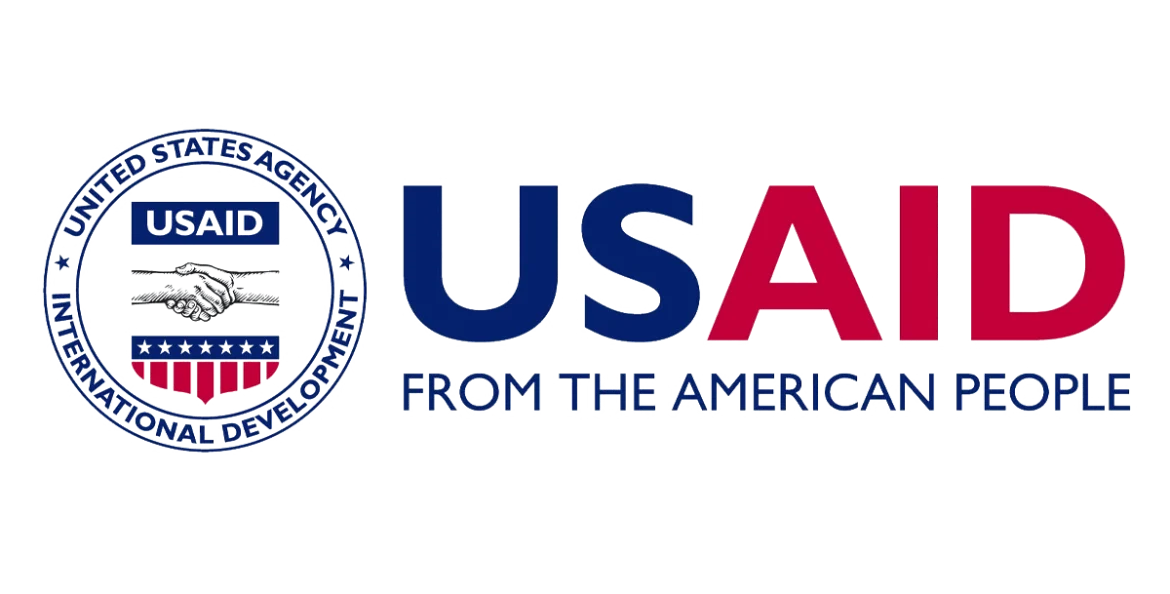By Iyemah David
The United States Agency for International Development (USAID) said its health initiatives have reached over 17 million Nigerians, including 7.8 million children under the age of five and 600,000 pregnant women.
This was highlighted at a Breakthrough Action Nigeria Project’s Learning and Transition event showcasing the project’s significant contributions to improving health outcomes across the country.
Ms Suegatha Kai Rennie, Director of Health Population & Nutrition, USAID Mission in Nigeria, gave the figures at the event with the theme: Celebrating Successes, Consolidating Learning, and Transitioning for Sustainability.
The Breakthrough Action has been USAID’s global flagship social and behaviour change project for the past seven years.
In Nigeria, the project has worked to improve the practice of priority health behaviours across multiple programme areas.
The areas include Maternal, New-born and Child Health (MNCH), family planning, nutrition, malaria, tuberculosis, COVID-19 and priority zoonotic diseases.
Kai Rennie said that Breakthrough Action Nigeria Project, funded by USAID and led by the Johns Hopkins University Centre for Communications Programmes, focused on Social Behaviour Change (SBC).
This, the official said, was to enhance MNCH, nutrition and reproductive health, as well as improve malaria and tuberculosis treatment outcomes.
She said that since its inception in 2017, the project had implemented a variety of successful health campaigns such as Albishirin-Ku, Ji-de-Ki-Ji, and Mama Put Fever Care.
“These campaigns have demonstrated remarkable success. A behavioural survey conducted in 2022 revealed that women exposed to these campaigns were more likely to engage in health-seeking behaviours such as malaria testing and treatment, family planning, and seeking antenatal care.
“The data indicates that exposure to SBC messages significantly increases the likelihood of adopting health-positive behaviours,” she said.
She said that in addition to reaching millions with critical health information, USAID’s initiatives had strengthened community health structures by training over 2,400 community volunteers.
She said that these volunteers, equipped with skills to mobilise communities, deliver health messages, and manage referrals, became essential assets in the Community Health Influencers and Promoters programme.
The event also underscored the importance of sustaining the efforts beyond the current funding cycle.
Kai Rennie said that USAID was committed to partnering with the Nigerian Government to continue improving health outcomes through innovative and effective SBC programmes.
“This collaboration aims to ensure that the progress made in health behaviours and service demand continues to grow beyond the project’s duration,” she said.
The event attended by representatives of the Nigerian Government, development partners and the academia, also highlighted the project’s innovative approaches and successes.




